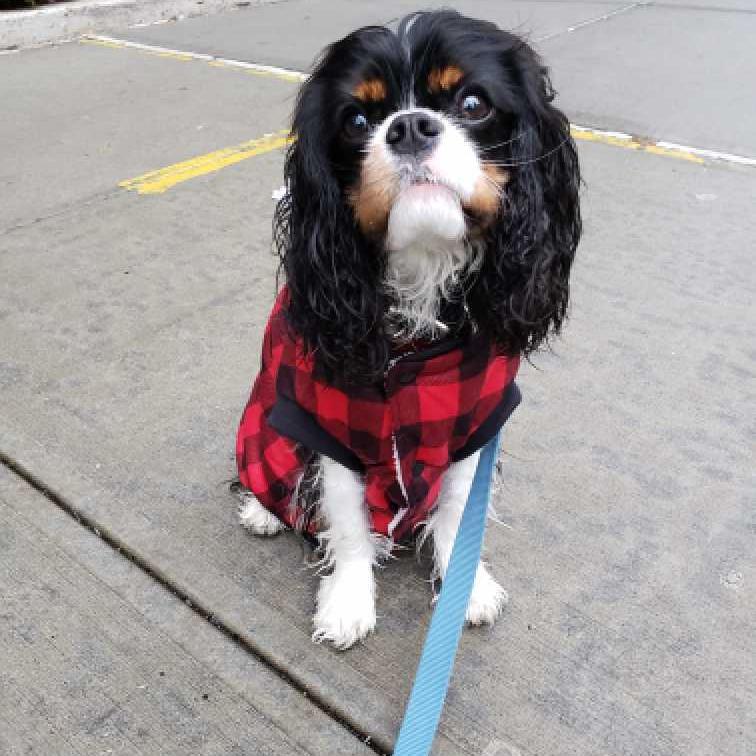
Adopting A Dog From The Shelter
Almost every city and town across the nation has an animal shelter. It’s no wonder why since there are so many homeless animals just waiting for the right human to walk in the door. This human will love them unconditionally, something many of these dogs have never had before. When you adopt a dog from the shelter, you take on a great responsibility to this dog. You are promising to provide care and training and to exercise patience and compassion. What should you expect when you decide to adopt a dog from the shelter?
Don’t be afraid to ask questions! Shelter staff and volunteers are there to help you and the dogs. They want to find the best fit for a dog, a family that will stick with the dog and is stable. Be open about the kind of home you have and the kind of dog you are looking for. Size, age, and energy levels can all influence the specific dog that would be the best fit for your home. Many people go to shelters looking for puppies, and you certainly will find many litters or young ones looking for homes. However, don’t let this discourage you from looking at older dogs. Many dogs end up in shelters when their families move or can no longer take care of them. All of the dogs in shelters are products of circumstance and deserve a second chance at a forever home. Once you narrow down to what kind of dog you are looking for, ask the shelters in your area if there is a dog matching your description. They can set up a meet-and-greet to introduce the two of you. You can see the dog in person, see his or her behavior, and be able to realize if the dog will be happy in your home. For most people, they go into shelters with a vague idea of the type of dog they want to bring home…until they see him or her. That’s the dog. These people know the minute they see the dog they will bring home. The connection is undeniable, and when you finally meet, it’s like falling in love. While you may walk into the shelter thinking you will “just look around,” sometimes it’s just meant to be.
With adoption, many shelters include spaying or neutering and the first round of vaccinations in the adoption fee. Other times the fee goes towards keeping the shelter running for future dogs. If the medical expenses are not included, you will have the dog’s medical history of what the shelter knows. A vet visit is never a bad idea when getting a new dog. The vet will be able to tell you what to look out for as far as illnesses go, and can clue you in on the dog’s background. He or she can also help you figure out what vaccinations are still needed and when to make appointments for those. Also, to avoid an upset stomach, make sure to ask the shelter what food they feed the dog. Your vet might recommend changing the food, and that’s okay. Just make sure to change gradually over a period of time since a quick change can cause digestive problems.
As you get settled in, it is important to begin training immediately. Whether the canine companion is a puppy or an adult, everything will be completely new. He or she may know basic commands like “sit” or “come” and can perhaps walk on a leash. Shelter volunteers work hard to help dogs become more adoptable by training them during the volunteer shifts. You will most likely have to potty train the rescue dog in some form. Some dogs need potty training from the beginning and may have accidents for the first few days (or weeks in the case of puppies). Other dogs may only need to show the outside potty spot and learn how to let you know it’s time to go. Your rescue may be anywhere on the training scale when you first get home! Stay patient and positive, using praise and treats to help your dog understand your expectations. There is also one very important thing you will need to work on: your new dog’s name. Older dogs who were given up by owners might come to their name and the shelter will be able to provide you with that information. But for the most part, it’s up to you to name the dog and teach him or her this new command.
Shelter dogs are not necessarily at the shelter “for a reason.” These are not broken dogs or even unlovable dogs. They are all victims of circumstance and deserve caring humans who will take care of them for the rest of their lives. When you welcome a shelter dog into your home, you are welcoming that dog into your life. You become his or her whole world, protector, and best friend. You are taking on a great responsibility and you are saving a life. Because of people like you, these dogs will know what a warm bed and fully belly feels like. You will both learn and grow together, and in the end, both of you will never be the same.
Looking to book a dog walk?
Written by: Callie T.

